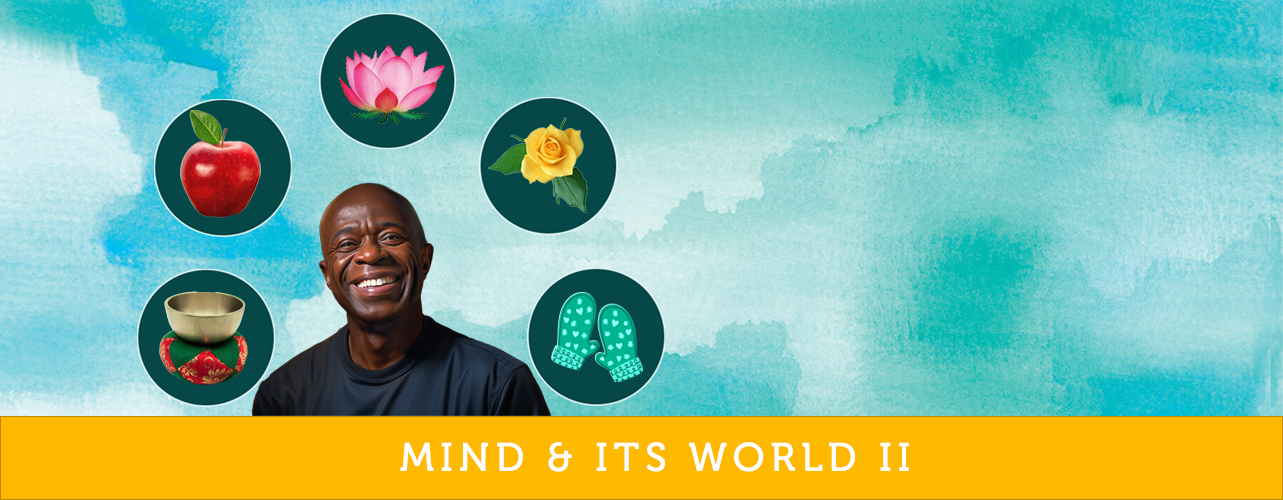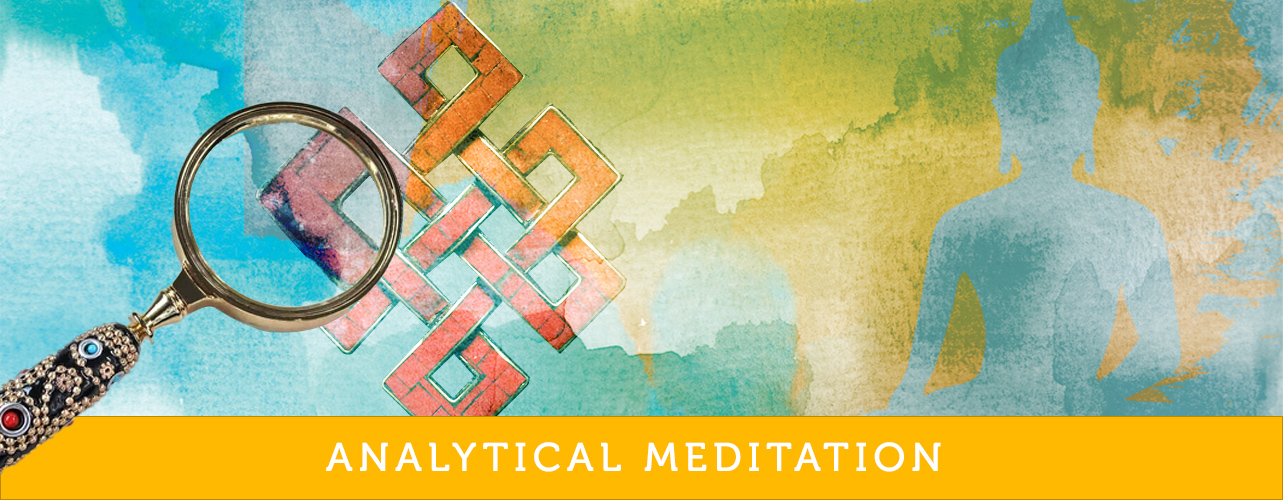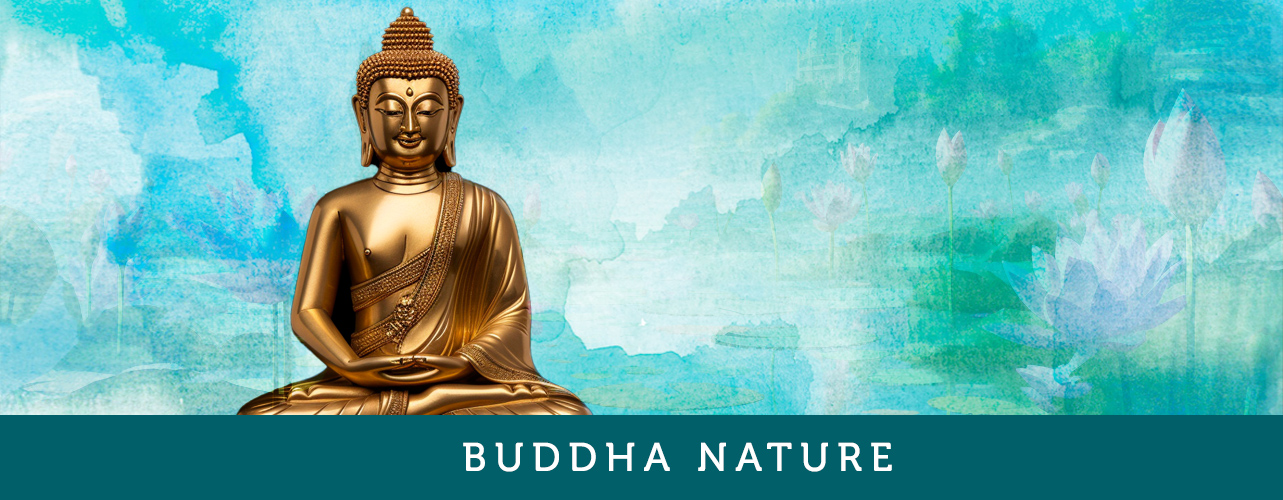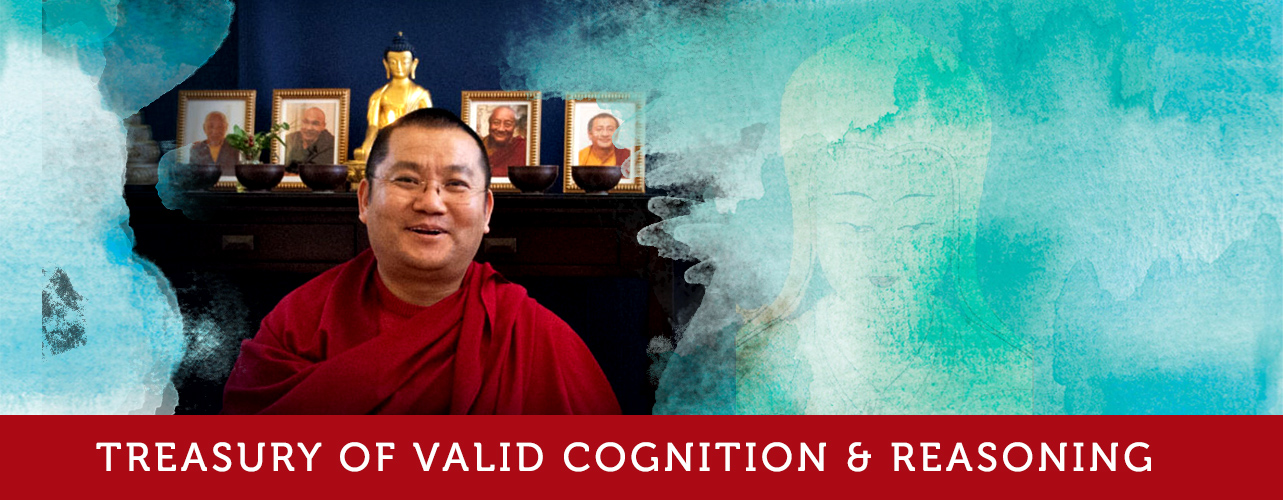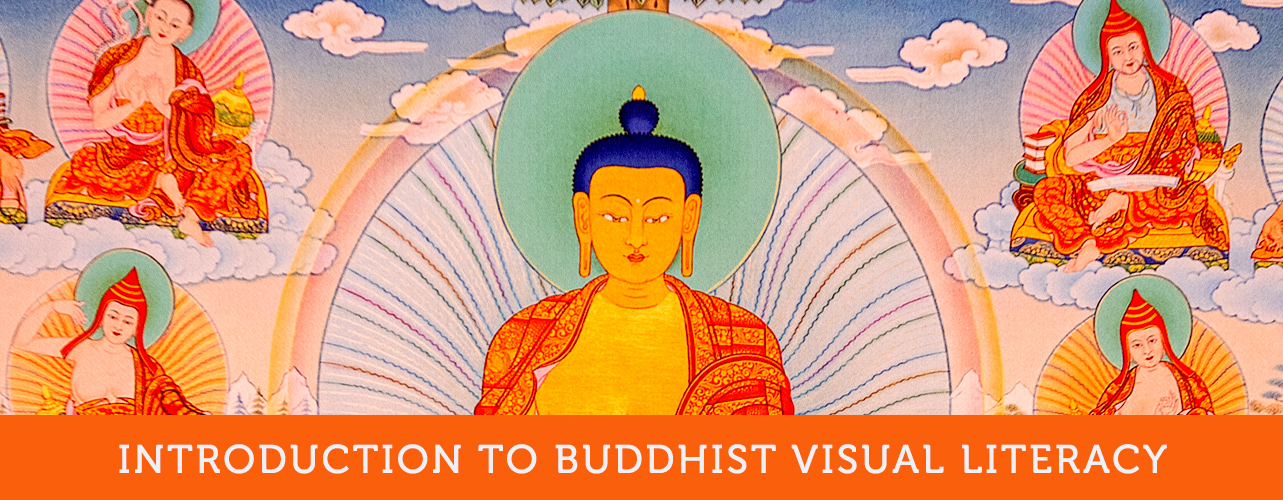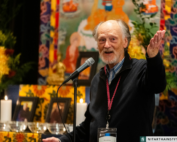Ancient Wisdom for the Modern Mind
At Nitartha Institute, you will gain an authentic experience in Buddhist studies by gradually progressing through the views of different Buddhist philosophical systems, as well as by training in analysis, debate and meditation. Nitartha’s courses are offered online throughout the year through real-time online 4-month courses in the fall and winter-spring, the intensive Summer Institute, and Self-Paced Online Courses (SPOC). Nitartha also offers courses in Tibetan language and the Buddhist Science of Art.
Rooted in the traditions of the Kagyü and Nyingma lineages, Nitartha Institute courses are taught by highly renowned teachers: Dzogchen Ponlop Rinpoche, Acharya Lama Tenpa Gyaltsen, and several Western teachers including Dr. Karl Brunnhölzl, Scott Wellenbach, Dr. Phil Stanley, and many others. Attending Nitartha classes is an experience of precious moments of heart transmission passed on through our teachers.
Upcoming Program:
The 2026 Summer Institute
Join us for our annual Nitartha Summer Institute, where we join Mahamudra meditation and Buddhist philosophy!
Tuesday July 7 – Tuesday August 4, 2026
Session 1: July 7 – July 15 | Session 2: July 17 – July 25 | Session 3 Silent Mahamudra Retreat: July 27 – August 4
This year’s main teachings by
- Dzogchen Ponlop Rinpoche (Session 1 and tentatively part of Session 2)
- Distinguishing Phenomena and Pure Being taught by Acharya Lama Tenpa Gyaltsen (part of Session 2)
Plus:
- Mahamudra Shamatha, Vipashyana and Enhancement instructions and practice
- Buddhist Philosophy courses:
- Mind and Its World I and Clear Thinking
- Mind and Its World III
- Madhyamaka
- Buddha Nature
- Mind Only
- Tibetan Language Classes
- Enrichment Courses
All of the above included in your tuition.
For more information, visit the Summer Institute.
Download the Nitartha Institute Shedra Course Catalogue
to see descriptions of all the foundation, intermediate and advanced courses.
2026 Spring Semester Courses
already underway
Download the Nitartha Institute Shedra Course Catalogue
to see descriptions of all the foundation, intermediate and advanced courses.
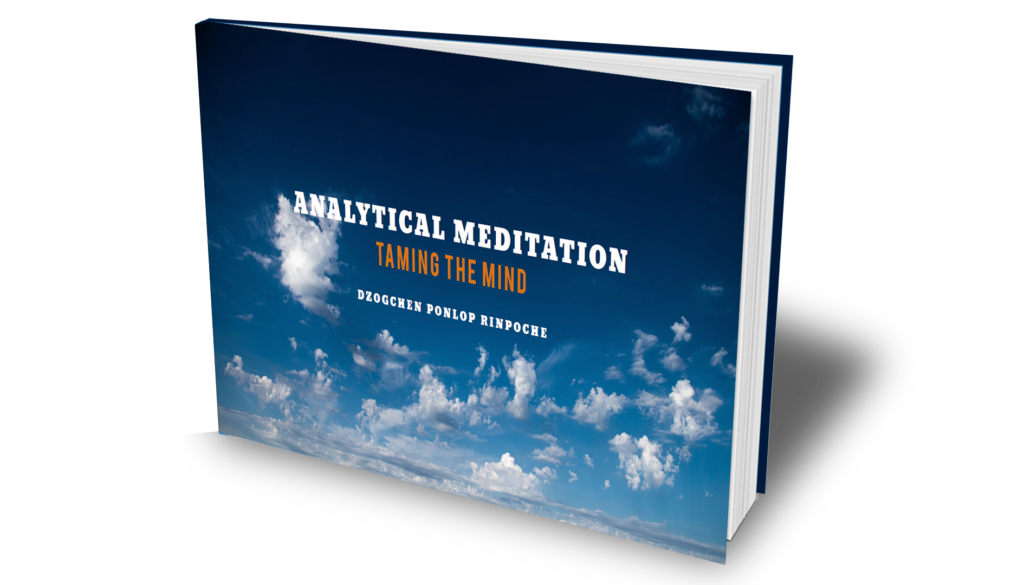
Free E-Book On
Analytical Meditation
Sign up for our newsletter and receive a free e-Book (20 page pdf) by Dzogchen Ponlop Rinpoche on
Analytical Meditation: Taming the Mind.
